How to heal 'dissatisfaction with life'?

Work, friends, romance, and hobbies enrich your life, but dissatisfaction with them can be a hindrance to your life.
An Antidote to Dissatisfaction --YouTube
Everyone has the feeling that things don't go the way they want ...
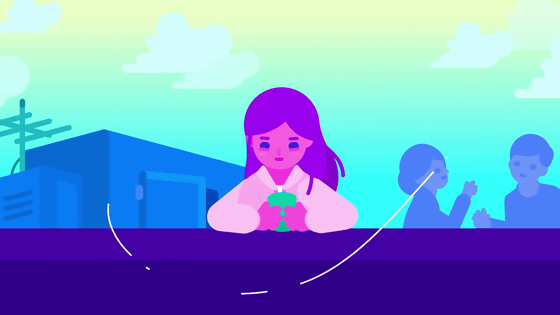
You may feel that you are not successful enough at work or that your friendships are not working.

'I haven't got what I really want.'

When those feelings become chronic, they not only become jealous of others, but also continue to feel depressed.
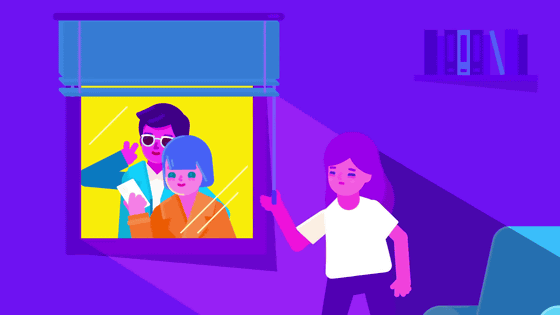
In recent years, such as pop culture and social media is 'other than the work of the ideal is a' failure ',' 'a great experience, make a lot of friends,' soul mate to advertise and it is a real happiness to find. ' ' And because it makes me think, 'Others are finding genuine happiness,' the jealousy and depression of others is exacerbated.
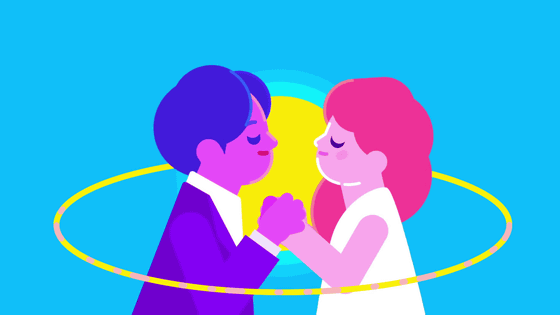
In addition, there are many self-development products on the market, so it is easy to think that 'I am not doing my best'.
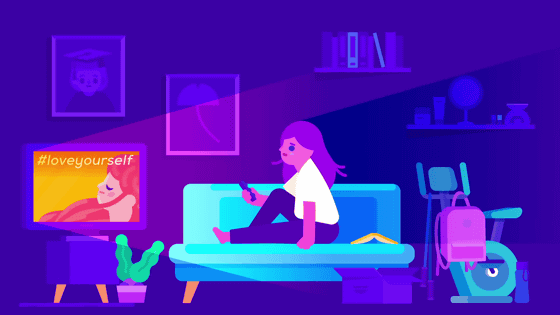
About 20 years ago, research on such dissatisfaction with life began, 'How much do people stand up to the urge that things don't go the way they want?' As a result of research, '
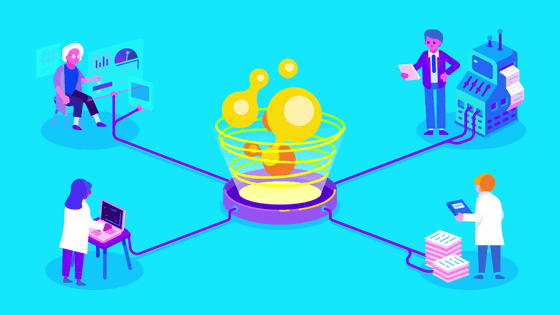
Researchers are beginning to analyze 'causes that create happiness and satisfaction' and 'how to adapt those causes to people.'

Researchers claim that the number one silver bullet for 'dissatisfaction with life' is 'gratitude.'
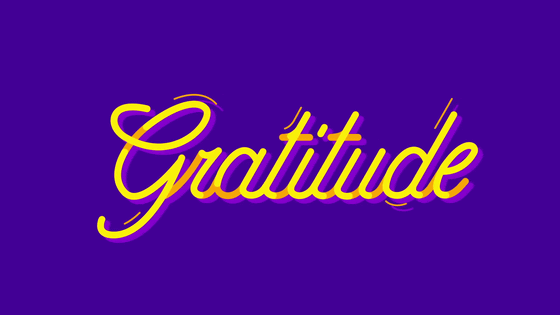
When people say 'gratitude', they have a self-development image that is popular on SNS ...
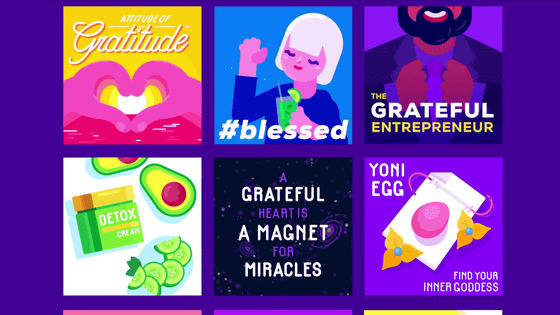
The commentary given this time is based on scientific research.

Gratitude has different meanings depending on the person and the situation. Feelings about what others have done for you, feelings about the weather, nature, and destiny.
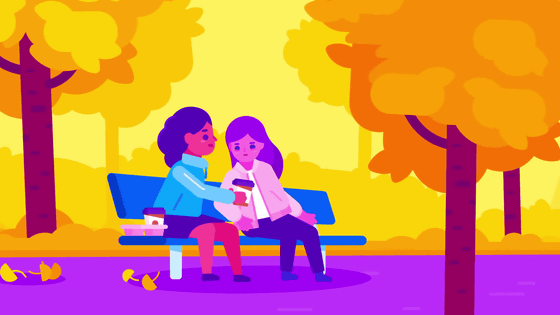
What existed before gratitude can be said to be
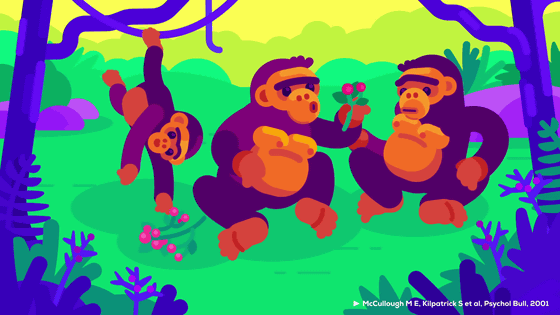
When the primate's brain recognizes that 'someone has done something good to itself,' a reaction of gratitude arises, creating an urge to give back.
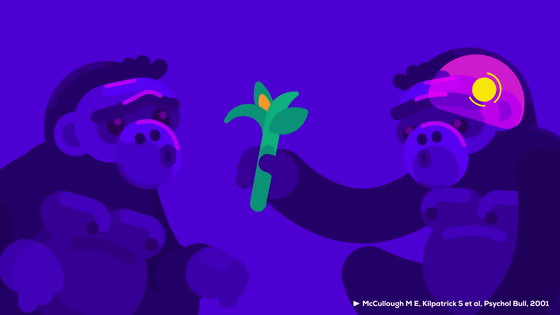
Gratitude has made primates caring for each other.
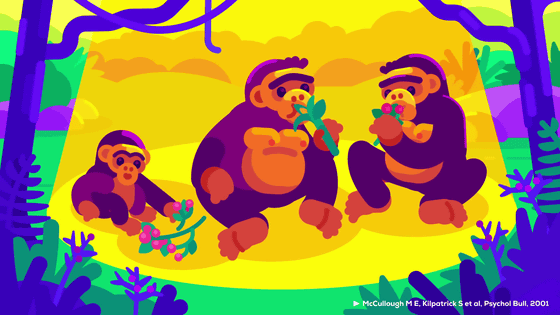
Humans are particularly good at reading the emotions of others and can identify and avoid 'selfish people.'
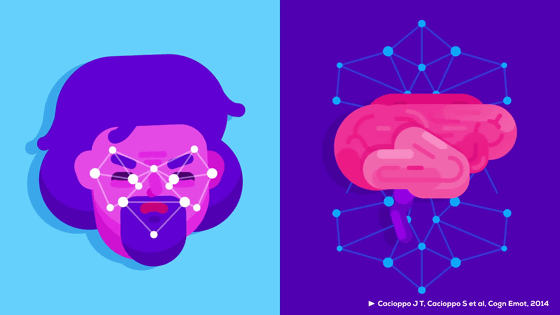
This ability is an evolutionary advantage of living well with others, creating a lasting relationship of 'continuing to thank each other for their gratitude.'
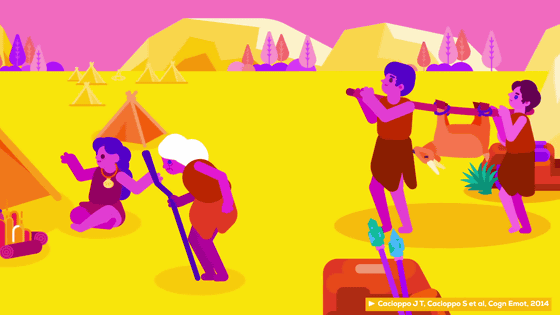
This relationship created bonds and friendships among human ancestors. Thus, gratitude in the early days of human history was a biological mechanism of modifying one's attitude to cooperate with each other.
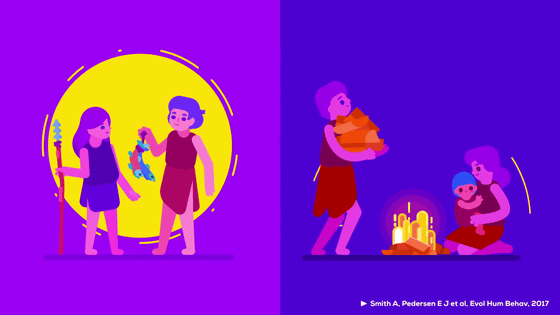
And over time, gratitude has become more than an urge to build a reciprocal relationship.

Studies have shown that gratitude is involved in the
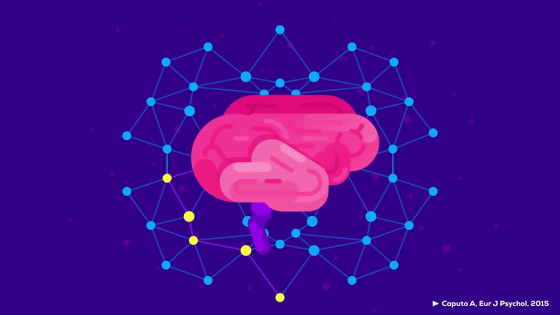
In addition, gratitude also helps to preserve and remember positive memories.
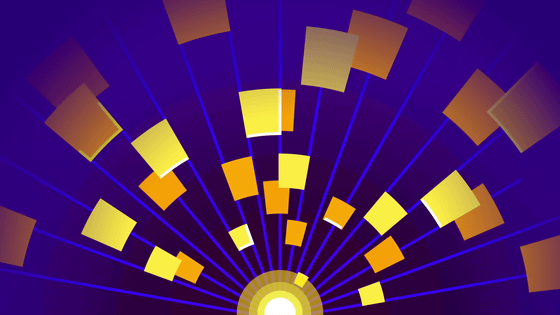
In addition, gratitude can neutralize the tendency to be jealous, the tendency to compare yourself to others,
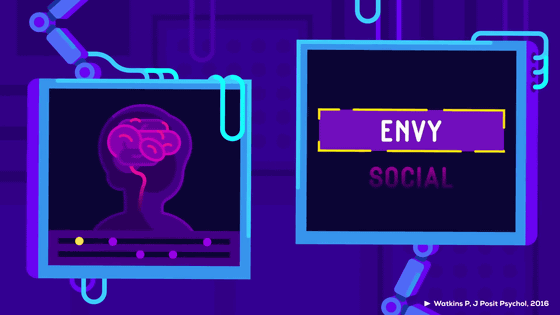
As a result, we know that those who are grateful tend to be filled with happiness.

Frequently grateful people not only can build good relationships, but also easily make friends, have good sleep quality, are less prone to depression, addiction, burnout, etc., and overcome trauma. It is also excellent in ability.
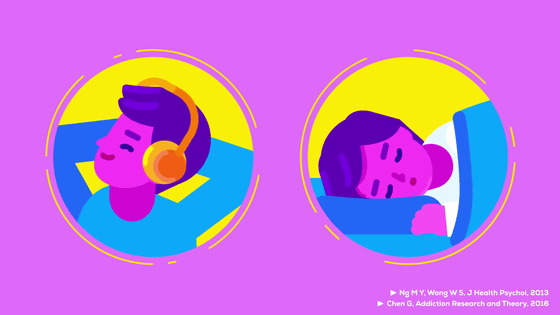
On the other hand, there are 'psychological traps' in modern society.

Even if you work hard toward your goal for a long time, when you get it, you will feel empty, and instead of being satisfied with the current situation, you will continue to work hard for something endlessly ...
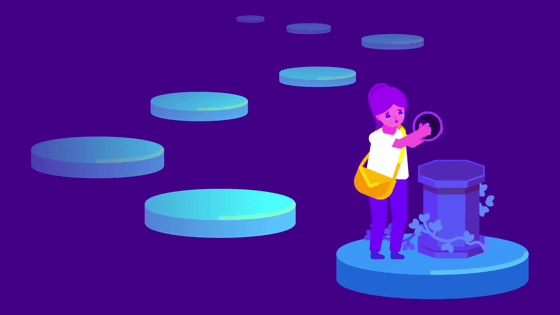
It is a 'psychological trap' to think that an invitation from a friend is 'not enough' even though he wants a friend.

However, if you can thank your friendship, you can accept or invite your friends. And as a result of expanding friendships, you will have the opportunity to meet new people.
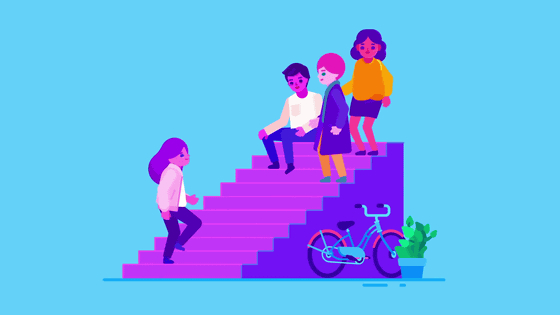
Gratitude can create positive behavior, and you can get a 'gratitude loop' where your positive behavior elicits the gratitude of those around you.
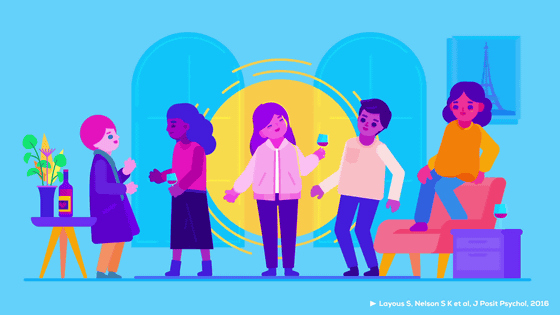
For those who have just finished a painful experience such as chemotherapy ...
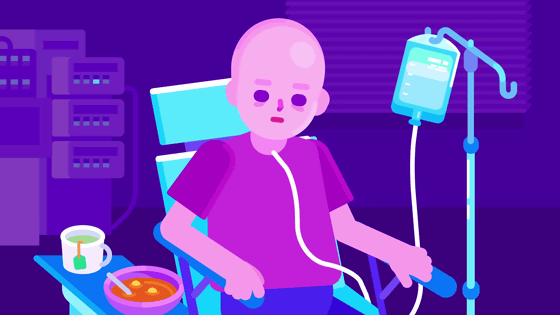
Eating while talking with friends in the sun is full of happiness.
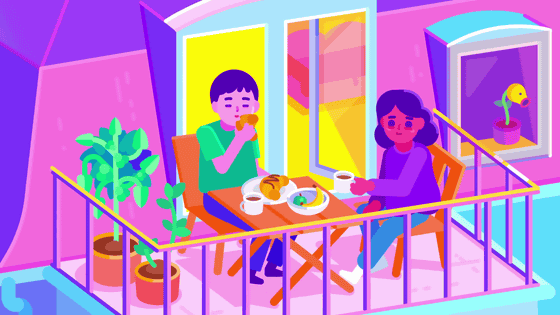
For those who have survived a hard experience, even if life is heading in a slightly terrible direction, the brain will compare the present with the hard times, resulting in a gratitude reaction in the brain.
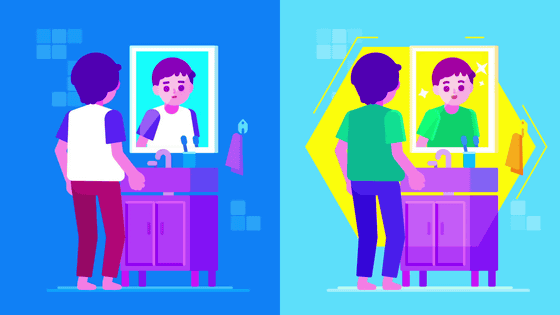
Simply put, gratitude reminds us of the 'good things' we already have.
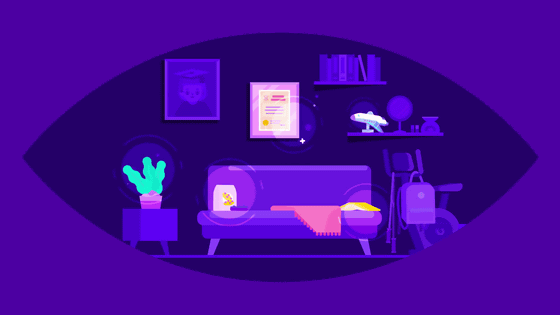
As a result, you will feel better and have a positive experience.
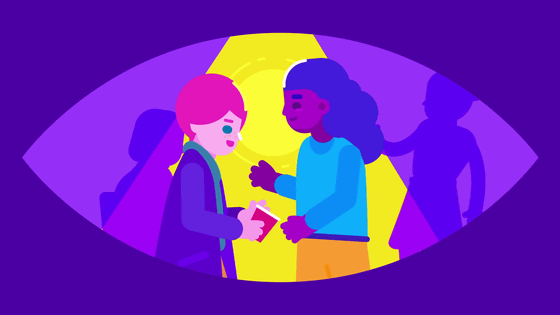
There are individual differences in how much gratitude is remembered, and it depends on the 'gratitude trait' that determines the amount of gratitude.
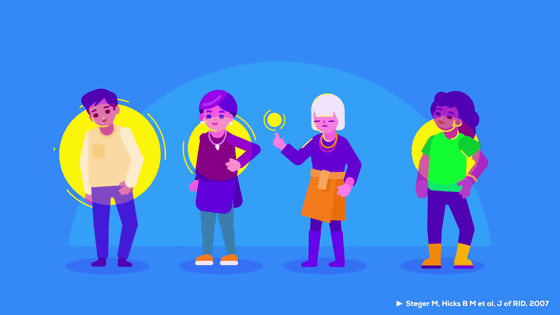
We know that gratitude traits depend on heredity, personality, and culture ...
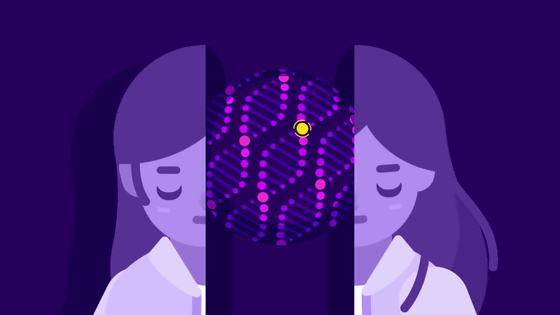
Scientists have begun research on 'changing gratitude traits.'

However, there are still unknown parts about 'how much the gratitude characteristic changes due to acquired efforts' and 'how long the effect will last if it changes'. Therefore, it cannot be said that there is a medicine that makes you happy. Life is complicated, and there are days when it works and days when it doesn't.

As a result of pursuing happiness, on the contrary, it can be unhappy.

Nor does gratitude cure depression or eliminate the need for professional treatment.

Being grateful does not mean that everything will be solved. Gratitude is just one of the pieces to solve the puzzle of life.

A simple way to practice gratitude, supported by solid research, is to keep a gratitude diary. The gratitude diary is to write out 5 to 10 'thank you events' in a notebook once to three times a week.
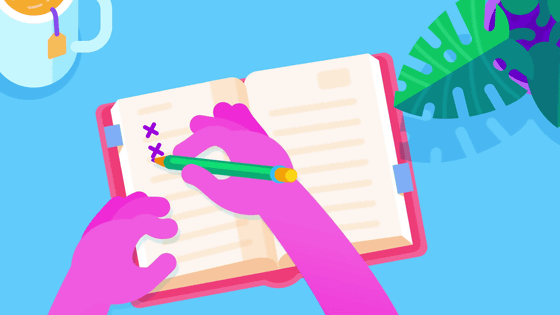
It may seem strange when you start your thank-you diary, but as you continue, you will be able to thank small things such as 'the coffee was really good' and 'the other people were kind to me'.
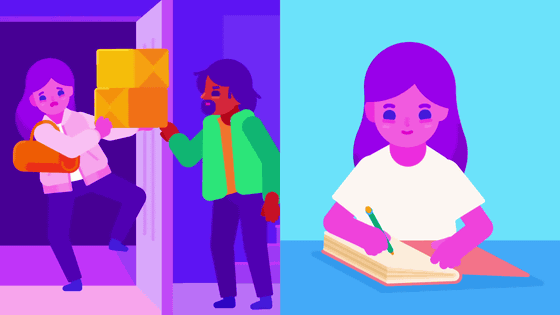
If you can thank others for what they have done, you will be able to thank them for being with you.

A large number of studies have shown that a few weeks of gratitude diary can improve a subject's well-being and life satisfaction.
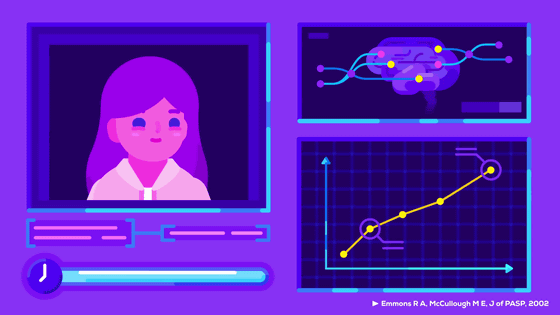
In addition, it has been reported that the changes in brain activity caused by the gratitude diary will continue for several months after the gratitude diary is completed.
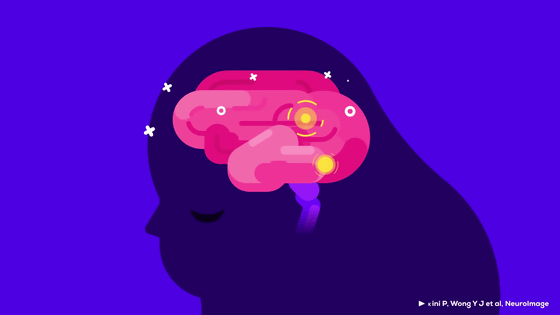
Practicing gratitude may be a real way to reshape yourself. By changing your beliefs about yourself and your life, you can change your thoughts and feelings and change your behavior.
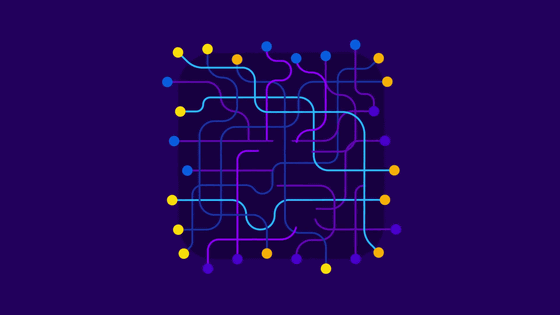
All you need is a piece of paper and a pen, and introspection like a thank-you diary that takes only a few minutes at a time, and it's amazing how brain activity changes.

If you actively look at what you can thank, your life may be better than you think.
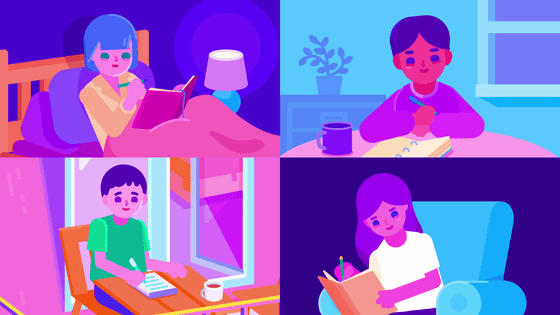
Related Posts:







